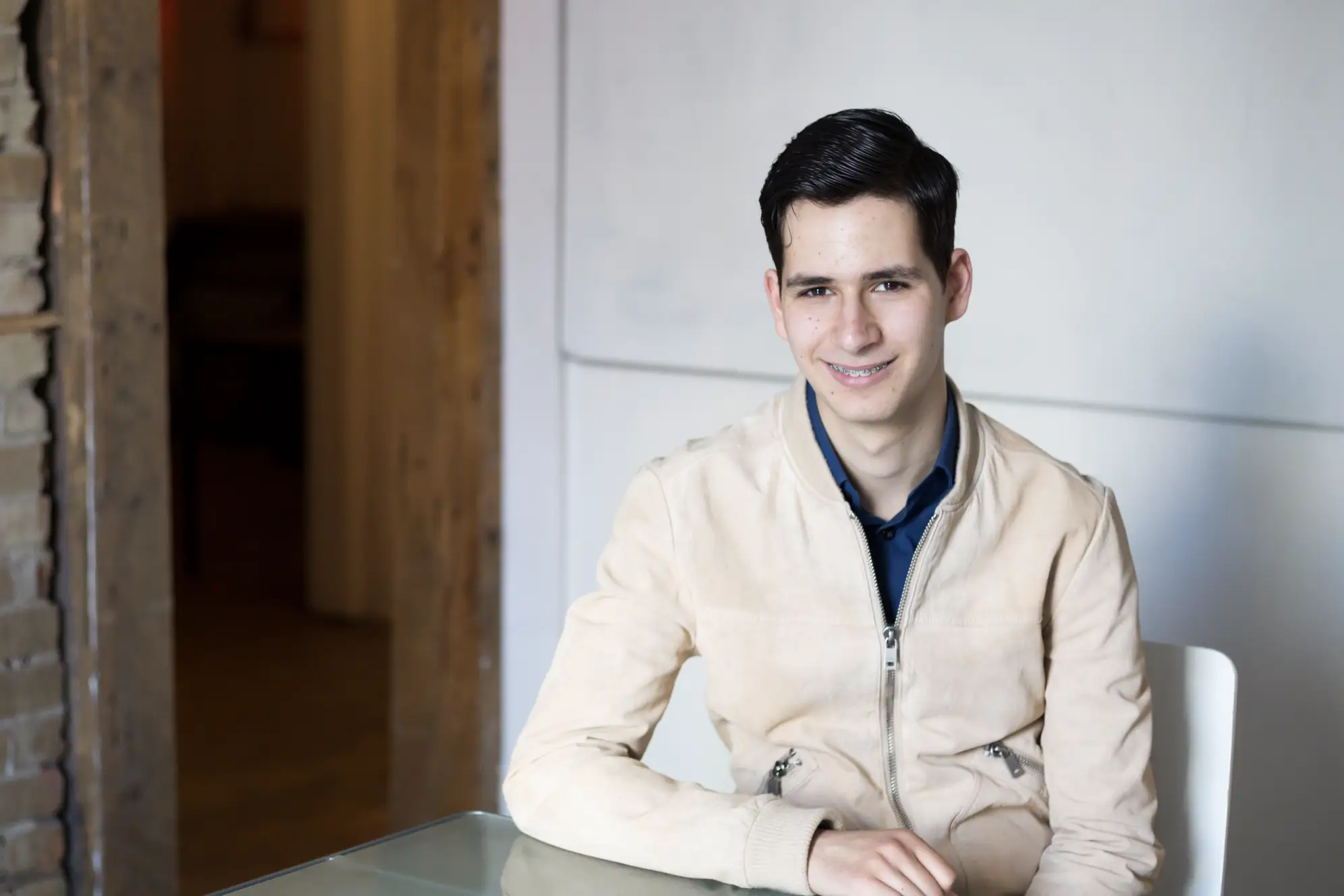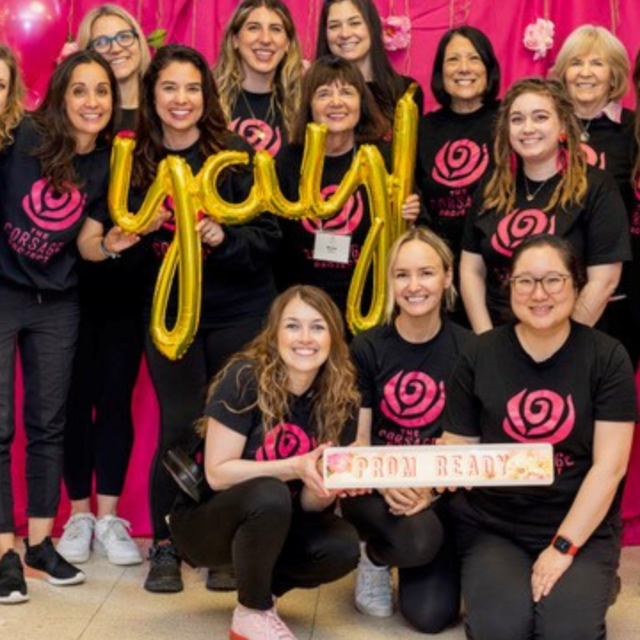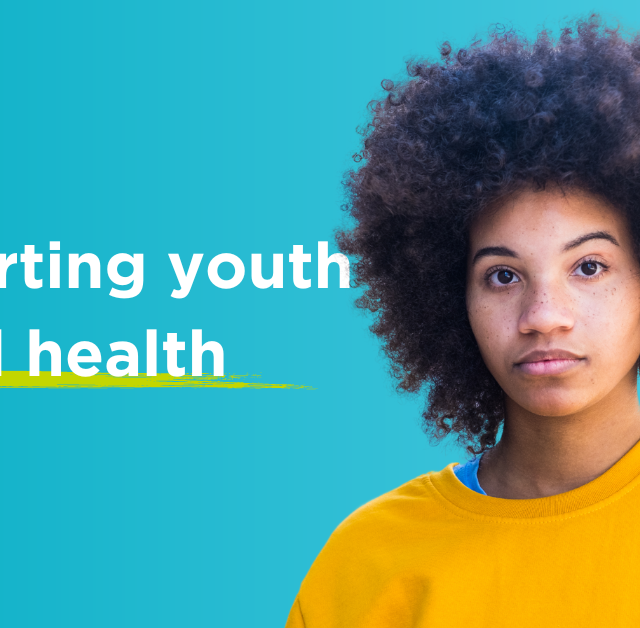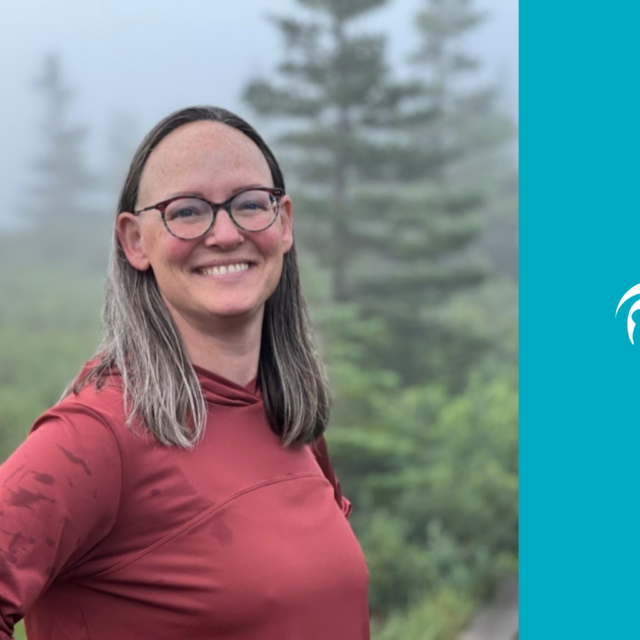TOM, 20, is an advocate for youth in and from care, and currently pursuing an education in Business Administration Management. He entered the care system at the age of 16 due to an abusive home environment. Although initially hesitant to enter a foster home, he bonded with his foster family, and began to develop his self-worth and confidence. Transitioning to living on his own at 18, he had to quickly learn life skills, including advocating for himself.
*The opinions and views expressed in this article are that of the youth in profile, and not necessarily reflective of the official opinion or position of Children’s Aid Foundation of Canada.
…Sometimes ‘family’ is not what you’re looking for. ‘Family’ was something that my entire life meant my father and my mother, [who were the farthest thing from a supportive family]. I felt like I was being forced into finding something I’d been trying to run away from.
“My childhood wasn’t the best; I lived for 16 years in an abusive home, until one day I went to my guidance counselor and told her everything. She made an anonymous report. I had a big fear that I would be physically abused at home after the authorities left. After [she called], I entered foster care. As a kid, when you grow up in an abusive home, [and you’re] beat every day, and malnutrition is normal, and having clothes that are too small for you is normal [it all just seems normal]. After I entered foster care, everything changed. I learned that abuse in the home is not normal, and your parents are supposed to love you and tell you you’re going to succeed.”
“I was never someone who was confident. And then, when I entered care, I hit zero. I had to rebuild everything from the ground up. I was very fortunate to have friends who supported me, and my guidance counselor. I don’t think a lot of people realize how volatile and sensitive those years are; like [as a foster kid], you know where you are but you don’t know who you are anymore. Entering a foster home was really weird because you’re entering somebody else’s house. My mindset has always been very critical and analytical; I don’t really get emotional. So, I entered the foster home with the mindset of ‘the foster agency said I’m going to live here, so this is where I have to be.’ I didn’t want to enter care; my best friend pushed me. He said ‘just enter for six months, and then you can leave’. So, that was my idea. But then, six months after I lived there, I didn’t want to leave any more. I was part of Jewish Child and Family Services; they really push the idea of ‘family’. But, sometimes ‘family’ is not what you’re looking for. ‘Family’ was something that my entire life meant my father and my mother, [who were the farthest thing from a supportive family]. I felt like I was being forced into finding something I’d been trying to run away from.”
“Having a childhood when your mother would go [to the store] and buy clothes from the children’s section when you’re 15 or 16, [lowers your self-worth]. I was raised to believe I had to ask for everything; if I wanted a sandwich from the fridge, I had to ask. If I wanted an apple, I had to ask. And you start to feel like an animal or an object. Food isn’t a joy it’s a necessity. And, I feel like it’s the same thing with activities. I didn’t know how to speak to other people, because I just wasn’t given that privilege. I felt as though I was supposed to be by myself. I felt empty.”
“My foster parents respect themselves for who they are, and a big portion of their life is spent on their kids. It shows that no matter what, their kids are more important to them than anything. And it’s a huge thing to feel like you don’t have to get up every morning for yourself; you don’t have to survive every day for yourself. There’s someone out there, that’s also working for you, [which is what family is supposed to feel like]. You feel bigger.”
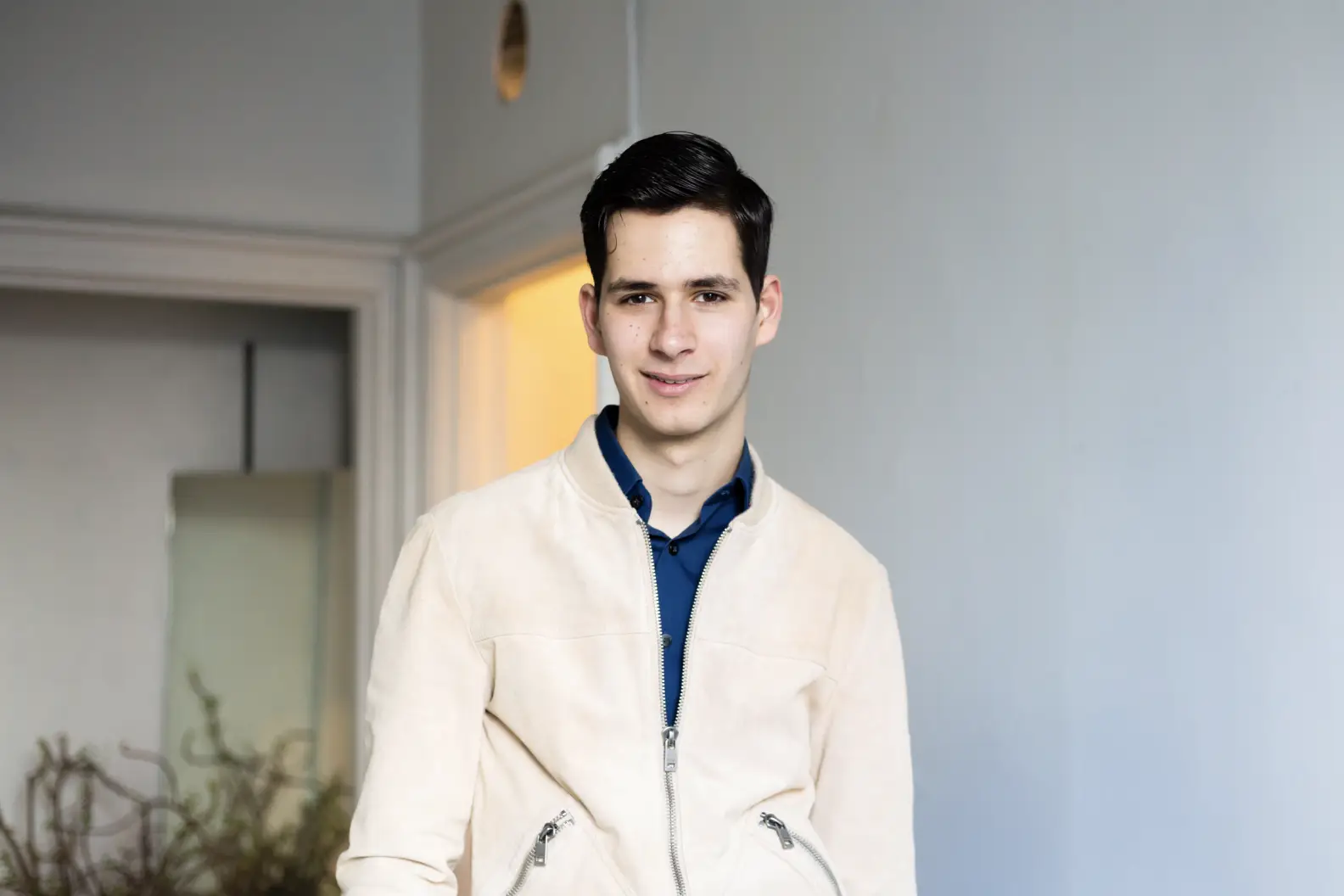
“I moved out on my own at the end of high school, when I was 18. My first apartment had mold and when my foster father came to visit me, he noticed it. He said ‘that could kill you’. But, I didn’t know what standards were. I didn’t know the difference between want and need, and that living in a home without mold was more than just a want, it was a necessity. Transitioning out of care and living on my own ensured that I had the support of Jewish Child and Family Services, so that instead of being 21 and moving out [from my biological family’s home], and not having any standards, I had a time frame where I could learn and have supportive people.”
“I was declared with a lot of things as a kid; that I had ADHD and Asperger’s. I once spoke to [a worker] at Jewish Child and Family Services and said ‘I want to get tested – what if I have Asperger’s? What if I don’t?’ And he said, the point of the label isn’t to build yourself around it, the point is to understand yourself. And, I think that’s why mental health needs to be sponsored. Because, there are youth who need support and you can only identify the support if you know what you’re looking at. Having a label helped me understand who I was. If you have a mental illness, and you’re undiagnosed, you will blame things you do on yourself, even though you have no control over them.”
“I’ve always wanted to be a mentor and motivational speaker. I’ve always been trying to fight things, I’ve always been trying to create my unique niche. I spent years thinking ‘people don’t get me’. There’s sometimes this unhealthy thing that goes on in foster care between youth, where it’s like ‘oh, you got beat once a week? I got beat twice a week’, or ‘you didn’t have a lunch? I didn’t even eat’, because you’re trying to develop your identity, and that abusive home you grew up in was your whole identity. A lot of the things you do and the struggles you have, like worrying about what you’re going to do in your life, are not special struggles. The ability to know that it’s not special is also a gift, because when you realize that everyone else is going through same struggles, you realize everyone needs and wants support. And, that’s comforting.”
“When I first entered foster care, it fulfilled necessities like eating, and I was able to build a standard of life which was higher than that and focus more on education and identity. [The Foundation’s funding] made me feel valued. Children’s Aid Foundation of Canada taught me that I do have value, and that whatever I strive for, [I can achieve my goals].”
“I think it’s incredibly important for foster agencies and youth from care to get support, because it’s impossible to live without it. And more importantly, to build a community and mental health support. The money will help to teach [youth] that they have mentors and a community, and that people around them will do everything in their power to let them go. A lot of youth want to learn and be given these opportunities.”
Support young people like TOM in achieving their full potential.
